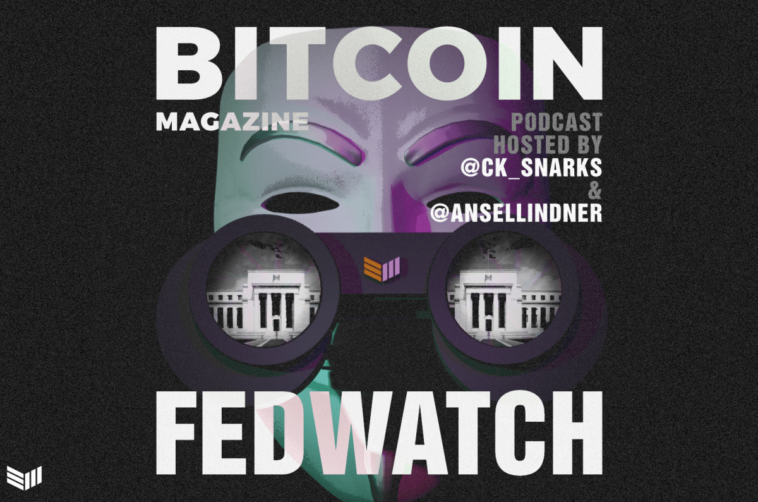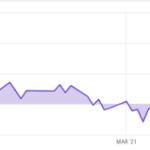The hosts of “Fed Watch” reflected on bitcoin and macro-economic news from the first part of 2021.
Listen To This Episode:
In this episode of Bitcoin Magazine’s “Fed Watch” podcast, hosts Christian Keroles and Ansel Lindner reminisce about the year on the podcast so far and cover recent developments from the major central banks of the world.
There have been so many great guests on “Fed Watch” this year so far that span a unique swath of bitcoin and macro economics. If you haven’t listened to these past episodes, subscribe and check out the back catalog. This year’s list of guests has included Max Keiser, Nik Bhatia, Michael Lebowitz, Elliot Johnson, Mark Moss, Greg Foss and Daniel Prince.
“Fed Watch” has established itself as the bitcoin podcast that goes past the surface arguments about the monetary system, uncovering uncomfortable topics and diving deeply into how bitcoin will reshape that system. The main part of this episode is summarizing central bank-related news for the last month, particularly from the People’s Bank of China (PBOC), the European Central Bank (ECB) and the Federal Reserve.
The PBOC has responded to some criticism about its own digital yuan central bank digital currency (CBDC) efforts. As of now, it says it will try to preserve privacy and it will not be a replacement for Alipay or WeChat pay. On the monetary policy front, China is attempting to slow stimulus for the rest of 2021. It perceives a growing risk of a bubble and is addressing it in Chinese Communist Party (CCP) fashion with targeted intervention. Lindner and Keroles discussed the complexity of the global economy and how despite China slowing stimulus, other countries’ stimulus can leak into China and pump up the bubble anyway.
In Europe, there are some major political problems arising. The vaccine rollout has forced a further divide, as countries defect from European plans to get the Sputnik V vaccine from Russia. It is a very interesting development considering the growing tensions in Crimea and Ukraine involving Russia. Things in Europe are changing rapidly.
As for the ECB and central banking news out of Europe, it too is struggling to explain and justify its CBDC efforts. ECB board member Fabio Panetta attempted to allay fears that a digital euro will abolish cash and be a conduit for more tyrannical monetary policy. He also tried to minimize the effect that a digital euro will have on the existing banking and financial system.
Comments from ECB President Christine Lagarde show an increasingly confrontational attitude toward the market. She has dared the bond vigilantes to bring it on, saying the ECB has extraordinary tools to deal with extraordinary circumstances.
Next, the podcast turned to the U.S. and the Federal Reserve. Lindner spent some time talking about the supplementary leverage ratio (SLR) exemption that just ended in the US. This is a ratio of assets to liabilities that was temporarily waived for one year, expiring on March 31. For central bank pundits, much of March was spent worrying about this situation. People were worried that banks had taken advantage of the exemption to boost their leverage in the markets, and would be forced to deleverage and crash the market. However, it ended with a whimper. It turns out that people overestimated bank activity.
Next, the podcast tackled the U.S. Treasury general account. It ballooned to $1.8 trillion in 2020 and as soon as Janet Yellen stepped in as Treasury Secretary, she promised to draw that balance down quickly. To do that, the Treasury has to spend the money raising fears of higher inflation. There are a myriad of other ill effects from this policy, which the hosts went through.
Lastly, the podcast ended with a discussion of the nature of money printing and why the global economy is stuck in a deflationary environment. This is not a popular opinion in bitcoin or sound money circles, but it has to be part of any comprehensive discussion of macro and especially central bank monetary policy.





 BTC-USD
BTC-USD  ETH-USD
ETH-USD  LTC-USD
LTC-USD  XRP-USD
XRP-USD